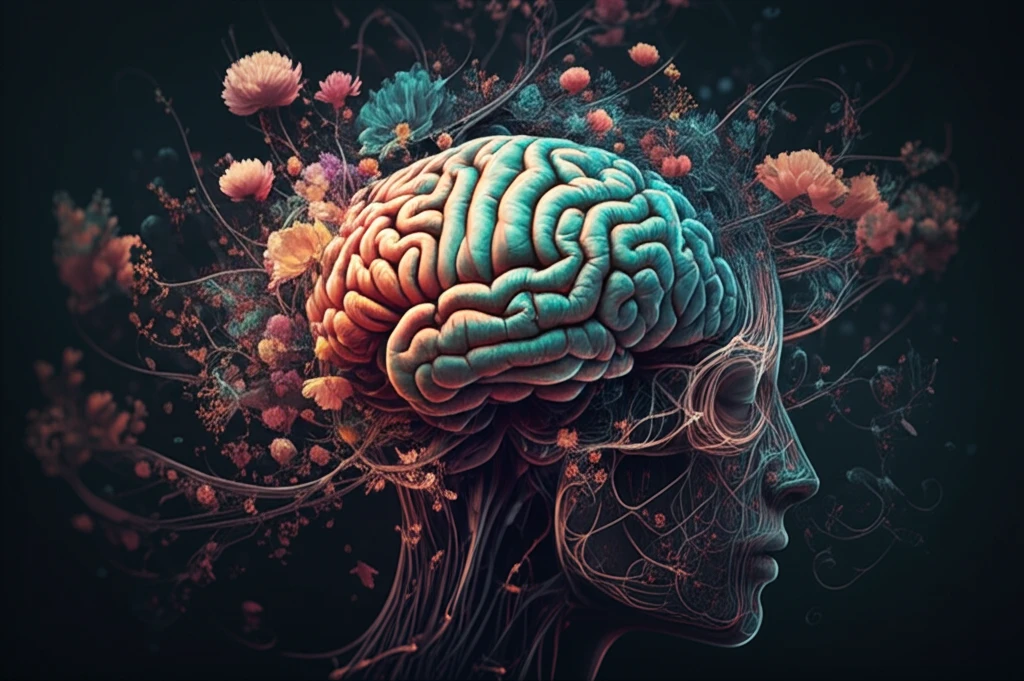
Unlock a Healthier You: Breakthroughs in Mental and Neurological Well-being
"Explore the latest advancements in digital mental health, Parkinson's treatment, and epilepsy management for a brighter, healthier future."
In an era defined by rapid medical advancements and increasing awareness of holistic health, staying informed about the latest breakthroughs is more crucial than ever. This article delves into recent developments across several key areas: digital mental health, Parkinson's disease treatment, and epilepsy management. We aim to provide a clear, accessible overview of these advancements, empowering you with the knowledge to make informed decisions about your health and well-being.
Mental health is gaining increasing recognition as a critical component of overall well-being. The rise of digital mental health platforms offers new avenues for accessible and personalized support, particularly crucial in a world where traditional healthcare systems often face limitations in reach and resources. We'll explore how digital interventions are transforming mental healthcare, providing timely assistance and bridging gaps in access.
Neurological disorders such as Parkinson's disease and epilepsy affect millions worldwide, impacting quality of life and presenting significant challenges for patients and their families. This article will highlight innovative therapeutic approaches that aim to improve motor function, reduce debilitating symptoms, and enhance overall management of these conditions. By examining recent research and clinical applications, we hope to shed light on new possibilities for those living with these neurological challenges.
Digital Mental Health: A New Frontier in Well-being

The digital age has ushered in a wave of innovation across various aspects of healthcare, and mental health is no exception. Digital Mental Health (DMH) encompasses a range of technology-enabled tools and platforms designed to support mental well-being, offering accessible and personalized interventions. These innovations are particularly relevant given the increasing recognition of mental health as a critical component of overall health, coupled with the challenges of accessing traditional mental healthcare services.
- Accessibility: DMH platforms offer convenient access to mental health support, overcoming geographical barriers and reducing wait times often associated with traditional services.
- Personalization: Digital tools can be tailored to individual needs and preferences, offering customized interventions that address specific mental health concerns.
- Anonymity: Some individuals may feel more comfortable seeking support through digital channels, which can provide a sense of privacy and reduce stigma associated with mental health challenges.
- Cost-Effectiveness: DMH interventions can often be more affordable than traditional therapy, making mental health support more accessible to a wider population.
Taking Charge of Your Health Journey
Staying informed about the latest medical advancements is a crucial step towards proactively managing your health and well-being. Whether it's exploring innovative digital mental health tools, seeking new therapies for Parkinson's disease, or finding improved solutions for epilepsy management, knowledge empowers you to make informed decisions and advocate for your best possible care. By embracing these advancements, you can unlock a healthier and more fulfilling future.
